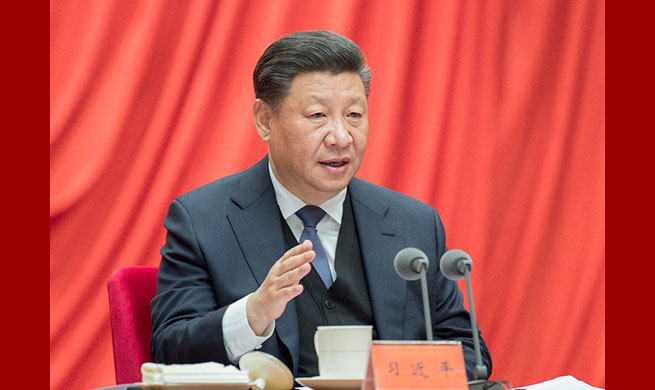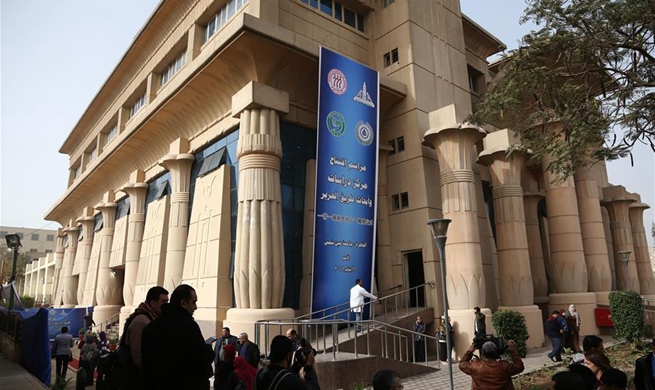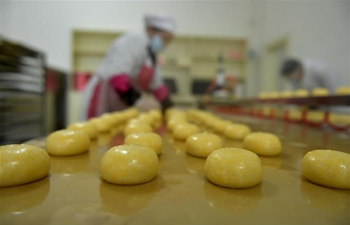SAN FRANCISCO, Jan. 13 (Xinhua) -- Northern California's largest city San Jose is unlikely to meet the state's environmental goals because of China's policy banning the imports of foreign wastes.
San Jose will decide on Tuesday whether to waive the disincentives for contracted waste haulers if they can prove their difficulty meeting the standards by March 1 because of China's restrictions.
California has mandated jurisdictions to divert at least 50 percent of all solid waste from landfills through source reduction, recycling and composting activities. To meet the diversion standards, San Jose requires a disincentive payment in the contracts with waste haulers if the standards are not met.
China's "National Sword" policy is affecting the waste haulers' ability to divert recyclable material from landfills, and is leading to the stockpiling of recyclable materials as they seek alternative markets that could potentially pose a threat to public health and safety, according to a resolution which awaits voting at a San Jose City Council meeting on Tuesday.
China's waste import ban, which went into effect in March last year, limits the import of contaminated recyclable commodities and increases inspections of recyclable wastes.
China's policy is having the biggest effect on recyclers in the western U.S. states. Exports to China have been relatively inexpensive to ship and the prices offered were relatively high in recent years, said Kerrie Romanow, director of San Jose Environmental Services Department, in a memo to the City Council.
As of January last year, one third of all recyclable wastes generated in California were exported to foreign markets, and 62 percent of that total was exported to China, according to the department.
The tariff disputes between China and the United States have also further disrupted U.S. recycling markets.
In August 2018, the Chinese government implemented a 25 percent tariff on cardboard and other recovered paper, as well as scrap plastic. Additionally, U.S. aluminum sent to China now has a 50 percent tariff.
"While other countries such as Brazil, Indonesia, (South) Korea, Malaysia, Mexico, and Vietnam are buying recyclables, the capacity for these markets to absorb materials that traditionally went to China is uncertain," said Romanow.













